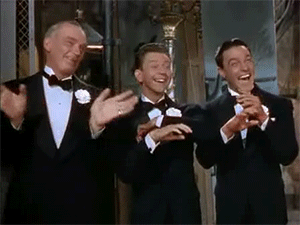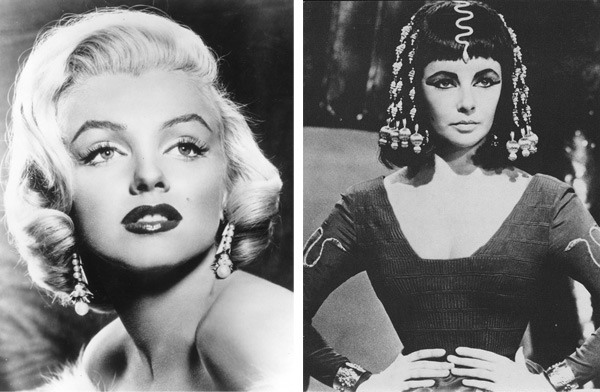Kaye Dacus is the author of humorous, hope-filled contemporary and historical romances with Barbour Publishing, Harvest House Publishers, and B&H Publishing. She holds a Master of Arts in Writing Popular Fiction from Seton Hill University, is a former Vice President of American Christian Fiction Writers, and currently serves as President of Middle Tennessee Christian Writers. Kaye lives in Nashville, Tennessee, where she is a full-time academic advisor and part-time English Composition instructor for Bethel University.
Follow the Heart, Book 1 of the Great Exhibition Series is the story of an American woman is sent to England to marry wealth, but finds herself torn between the poor man she loves and the viscount who offers the wealth and stability that can save her family.
About the novel:
Kate and Christopher Dearing’s lives turn upside down when their
father loses everything in a railroad land speculation. The siblings are
shipped off to their mother’s brother in England with one edict: marry money.
At twenty-seven years old, Kate has the stigma of being passed
over by eligible men many times—and that was before she had no dowry.
Christopher would like nothing better than to make his own way in the world;
and with a law degree and expertise in the burgeoning railroad industry, he was
primed to do just that—in America.
Though their uncle tries to ensure Kate and Christopher find
matrimonial prospects only among the highest echelon of British society, their
attentions stray to a gardener and a governess.
While Christopher has options that would enable him to lay his
affections where he chooses, he cannot let the burden of their family’s
finances crush his sister. Trying to push her feelings for the handsome—but not
wealthy— gardener aside, Kate’s prospects brighten when a wealthy viscount
shows interest in her. But is marrying for the financial security of her family
the right thing to do, when her heart is telling her she’s making a mistake?
And now a few fun questions!
How does Follow the Heart fit with the other books you've written?
Follow the Heart and the Great Exhibition series are similar to my contemporary series (The Brides of Bonneterre and the Matchmakers series with Barbour Publishing) as they are light-hearted, stand-alone novels which are tied together with recurring characters and a familiar setting. They’re also similar to The Ransome Trilogy (Harvest House Publishers) as I try to fully immerse the reader in the language, fashion, and details of the historical era. And each book fulfills my promise of “Humor, Hope, and Happily Ever Afters” that my readers have come to expect.
What's the takeaway/what do you hope will stick with people when they finish reading the book?
Women, especially, tend to look at our choices as a series of obligations—we do what we feel we are obligated to do for the sake of our families, not necessarily what we feel our hearts are telling us to do. I believe, and it’s the theme of this book, that we spend too much time worrying about how we can fix/help/support our families (or those around us at work or in friendships) and not enough time listening to and trusting God. When we pray, we tend to tell God what’s wrong and ask him to fix it. But do we ever really take the time to just be still and listen to what God is trying to tell us? And can we really let God take care of those we feel responsible for and let go of that burden of responsibility that may not, in truth, be ours to bear?
What interests you most about the Victorian era?
I love that it still has the sensibility of the Regency era—from the activities like balls and dinners to the formality of courting customs—yet in 1851, the world is on the cusp of the Industrial Revolution: train and steamboat travel, telegraph, indoor plumbing (“retiring/refreshing rooms” with pay toilets at the Great Exhibition!). I also love that women were starting to come into their own a bit more. Still not considered equals, but at least starting to get some recognition for their contributions and accomplishments in society.
How does the title of the book tie in with the story?
It’s pretty literal and very clearly spelled out in the story—Kate must decide if she will marry a man she doesn’t love because of what she feels is her responsibility/obligation to save her family or follow her heart and marry for love and (possibly) see her family suffer for it. It goes deeper than that, but that’s where the premise of the story started.
If you had to choose another genre to write in, what would it be?
As Jeff Gerke (publisher, Marcher Lord Press) is fond of reminding me: everyone has a science fiction book in them somewhere. And he’s right. I’m a long-time sci-fi TV/movie fan (I’ve been to a few Star Trek conventions, after all), and I’ve recently been playing around with an idea for a sci-fi story/series. It’s mostly world-building and character development at this point, but it’s a fun diversion. (Ruth here: LOVE THIS IDEA!!) :)
If you were to star in a romantic movie, would it be contemporary or historical, drama or comedy, and what actor would play your leading man?
If I were to star in a romantic movie, it would be a humorous contemporary. Melissa McCarthy, Queen Latifah, and Adele would play my three best friends with whom I share a large house in the ’burbs of Nashville, and Oded Fehr would be a highly respected (and wealthy) surgeon at Vanderbilt University Medical Center and he would fall head-over-heels in love with me. Of course, tomorrow, I could be an independent Englishwoman who travels to New Zealand in the early 20th Century there to meet the handsome, charming Karl Urban and, after some humorous misunderstandings and miscommunication, we live happily ever after on our sheep farm.
Thanks for stopping by, Kaye! Follow the Heart is available everywhere May 1st, including Amazon, Kindle, and LifeWay Christian Stores! Enjoy!












































